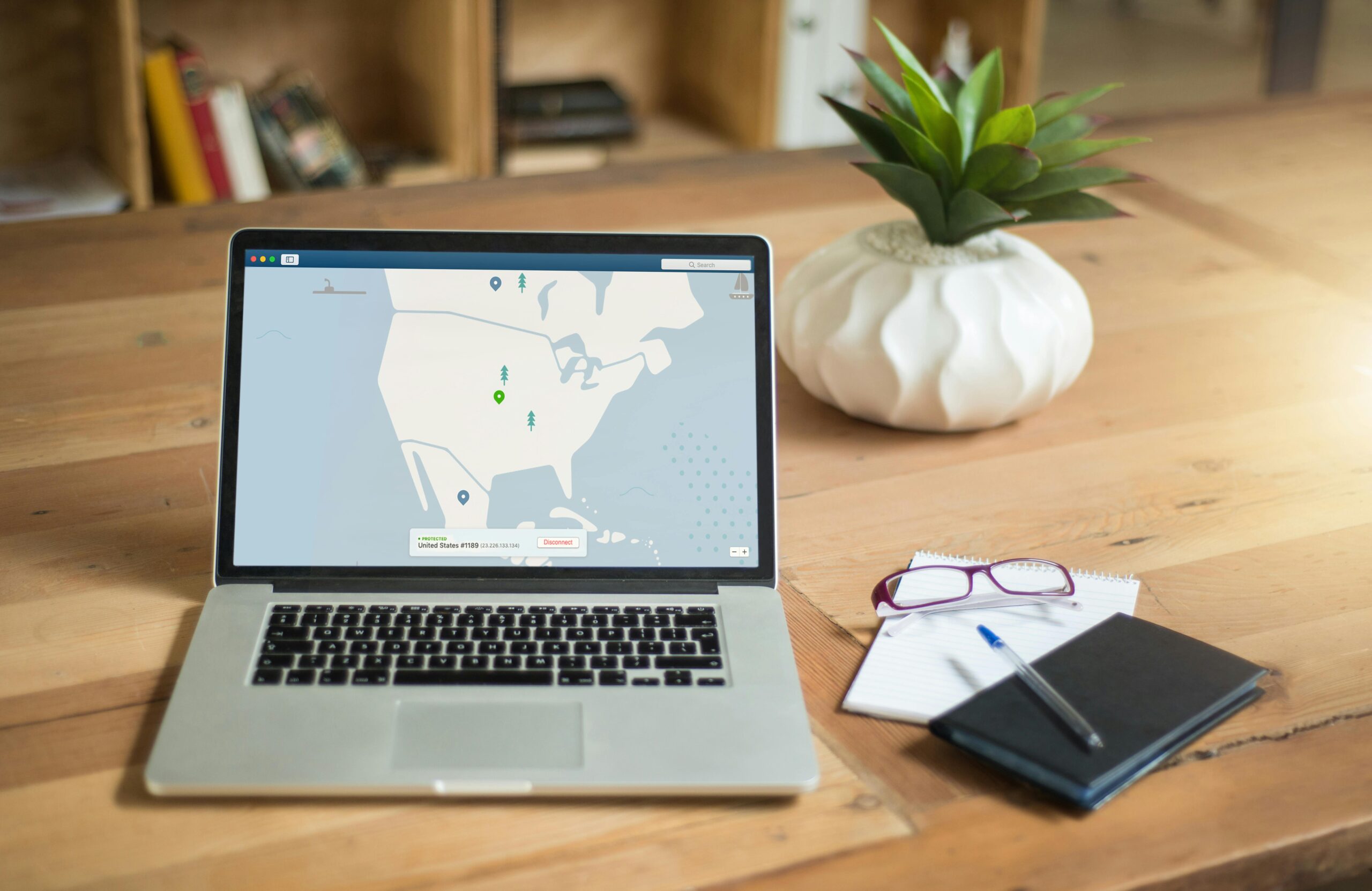In today’s digital world, privacy and security are more important than ever. One tool that has gained significant popularity in enhancing online privacy is the Virtual Private Network (VPN). A common question many people ask is, “Does a VPN really change your location?” To answer this, we need to delve into how VPNs work, particularly how they change your IP address, and what implications this has for your perceived location online.
Understanding VPNs and IP Addresses
What is a VPN?
A Virtual Private Network (VPN) is a service that encrypts your internet connection and routes it through a secure server in another location. This process provides multiple benefits, including enhanced security, privacy, and the ability to bypass geographic restrictions.
What is an IP Address?
An Internet Protocol (IP) address is a unique identifier assigned to each device connected to the internet. It functions like a home address for your device, allowing data to be sent and received accurately. Your IP address can reveal your approximate geographic location, which websites and services can use to tailor content or restrict access based on regional policies.
How Does a VPN Change Your IP Address?
IP Address Masking
When you connect to a VPN, your internet traffic is routed through a VPN server. This server assigns you a new IP address, effectively masking your real IP address. As a result, websites and online services see the IP address of the VPN server rather than your actual one.
Geographic Location
The location of the VPN server you connect to determines the apparent geographic location of your IP address. For instance, if you are in Germany and connect to a VPN server in the United States, websites will see your IP address as coming from the United States.
Benefits of Changing Your IP Address
- Enhanced Privacy: Masking your real IP address protects your online activities from being easily traced back to you.
- Access to Restricted Content: By appearing to be in a different location, you can access content and services that are otherwise restricted in your region.
- Avoidance of Censorship: In regions with heavy internet censorship, changing your IP address can help bypass government restrictions and access a free and open internet.
Does a VPN Really Change Your Location?
Perceived Location vs. Actual Location
While a VPN changes your perceived location by altering your IP address, it does not change your physical location. Your device remains in the same place, but online services and websites will treat you as if you are in the location of the VPN server.
Examples of Location Change
1. Streaming Services
Many streaming platforms, like Netflix and Hulu, offer different content libraries based on geographic location. By using a VPN to connect to a server in a different country, you can access that country’s content library. For example, connecting to a VPN server in the UK will let you watch shows available on Netflix UK even if you are physically located elsewhere.
2. Accessing Restricted Websites
Some websites and online services restrict access based on your IP address’s location. For instance, certain news websites might be blocked in specific countries. Using a VPN to change your IP address to a location where the website is accessible allows you to bypass these restrictions.
Potential Limitations
1. VPN Detection
Some advanced websites and services use techniques to detect and block VPN traffic. These measures can sometimes prevent you from accessing content even if you change your IP address.
2. Performance Issues
Routing your traffic through a VPN server can slow down your internet connection, especially if the server is geographically distant from your actual location.
How to Choose the Right VPN for Changing Your Location
Key Features to Look For
When selecting a VPN service, consider the following features to ensure it meets your needs:
1. Server Locations
Choose a VPN with a wide range of server locations. The more server options you have, the more flexibility you gain in changing your IP address to different regions.
2. Speed and Performance
Opt for a VPN known for high-speed connections and reliable performance. This is crucial for streaming, gaming, or any activity that requires a stable internet connection.
3. Security and Privacy
Ensure the VPN uses strong encryption protocols and has a no-log policy to protect your privacy. This ensures that your online activities remain confidential and secure.
4. Ease of Use
Look for a VPN with a user-friendly interface and easy setup process. This makes it simpler to connect to different servers and change your IP address as needed.
Surax VPN: A Solution for Your Needs
At Surax, we offer a VPN service designed to provide robust security, privacy, and the ability to change your IP address seamlessly. Our VPN features:
- Global Server Network: Access a wide range of servers in various countries to easily change your IP address and location.
- High-Speed Connections: Enjoy fast and reliable internet connections for all your online activities.
- Strong Encryption: Benefit from advanced encryption protocols that ensure your data remains secure and private.
- User-Friendly Interface: Connect to different servers with just a few clicks, thanks to our intuitive and easy-to-use interface.
Practical Applications of Changing Your IP Address
Bypassing Geo-Restrictions
One of the most common reasons to use a VPN is to bypass geo-restrictions on content. Whether it’s accessing a different country’s Netflix library or using services like BBC iPlayer from outside the UK, a VPN can make it possible.
Enhancing Online Privacy
By masking your IP address, a VPN helps protect your online privacy. This is particularly important in an era where data breaches and online tracking are prevalent. With a VPN, you can browse the internet more anonymously, reducing the risk of your personal information being exploited.
Safe Torrenting
While torrenting can be a legal way to share files, it often exposes your IP address to other users. A VPN changes your IP address, protecting your identity and adding a layer of security when downloading or sharing files via P2P networks.
Avoiding Censorship
In countries with strict internet censorship, accessing free and open information can be challenging. A VPN allows you to bypass these restrictions by changing your IP address to a region with more relaxed internet policies.
Conclusion
In conclusion, the question “Does a VPN really change your location?” can be answered with a resounding yes, at least in terms of your perceived online presence. By changing your IP address, a VPN allows you to appear as if you are in a different geographic location, providing numerous benefits such as enhanced privacy, access to restricted content, and avoidance of censorship.
However, it is important to choose the right VPN to fully reap these benefits. At Surax, we offer a VPN service tailored to meet your needs, providing a wide range of server locations, high-speed connections, strong security, and an easy-to-use interface.
Understanding “does VPN change IP address” and how it impacts your online experience is crucial in today’s digital age. Whether you are looking to protect your privacy, access restricted content, or enhance your security, a VPN can be an invaluable tool. Explore the benefits of Surax VPN and take control of your online presence today.


